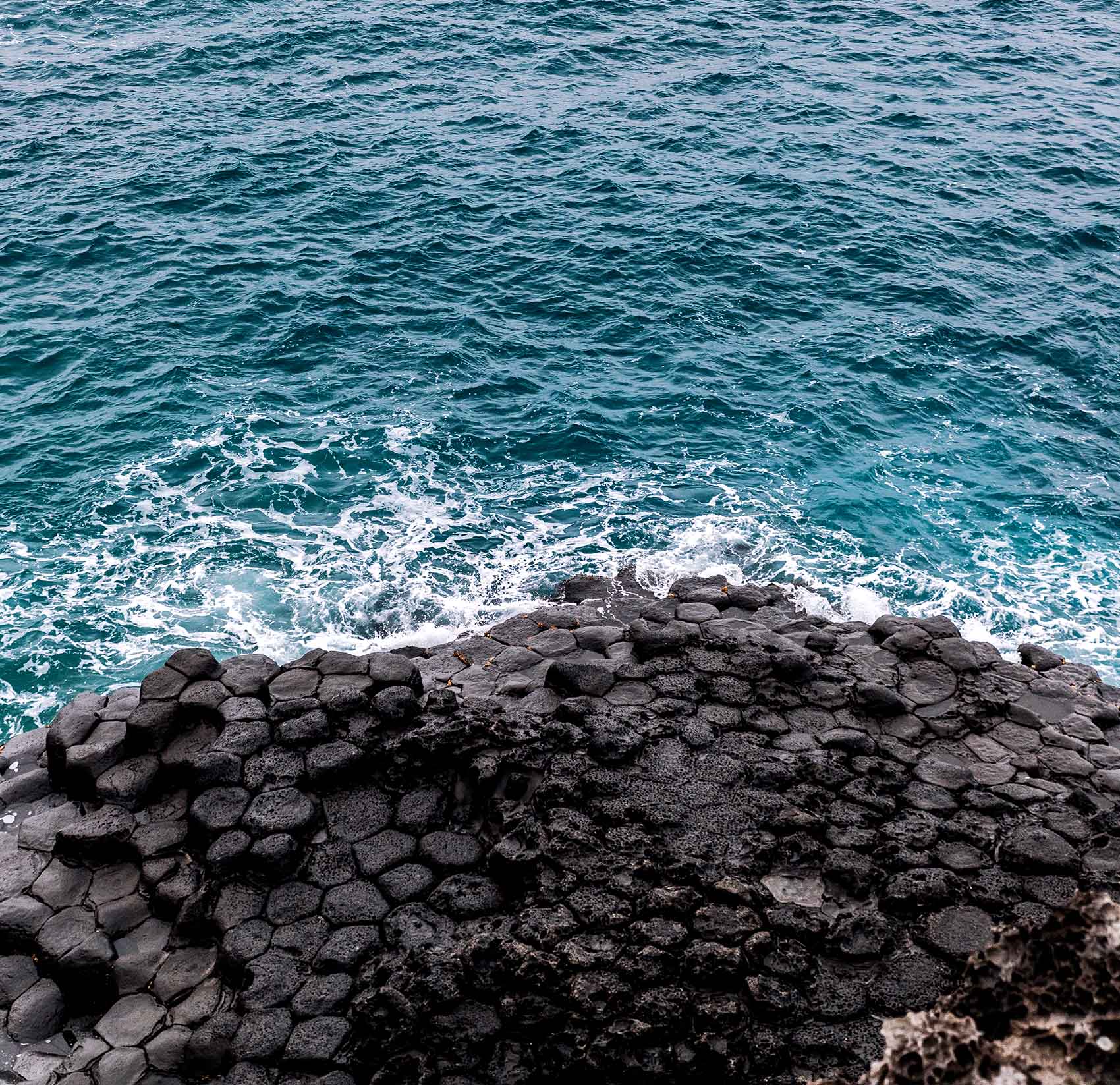
The first time I read a Lisa See novel was also the last time I’d read a Lisa See novel.
In 2017, I devoured her book The Tea Girl of Hummingbird Lane, and recommended it to everyone I knew. She’s been writing for a long time, so it is no great surprise that Lisa See is an incredible storyteller. But all the same, there’s just something so addictive about her work: historical fiction novels, often focused on female friendships, featuring women who are resilient and strong and undeniably courageous. It’s basically my perfect mix for a literary escape!
After finishing Hummingbird, every six months or so, I’d check in on Amazon to see if her next book had been published.
Late last month, I hit the jackpot! Published in March, her latest book The Island of Sea Women tells the story of two dear friends living on Jeju Island in mid-century Korea.
Have you heard of Jeju before? If not, don’t worry. Up until last year, just a few months before I left for Korea, I hadn’t really either.
Jeju is the largest of Korea’s 3300+ islands, located off the country’s southwest coast. Beyond the first time I heard its name (when I was served tea from the famed Osulloc brand, which hails from there), I later saw it called out on a myriad of beauty products, since the island is the result of a now-dormant volcano. (Nothing is so exportable and salable as mineral-rich, geothermal seawater!) I also began recognizing its name any time I searched for Geoje, Korea’s second largest island, and the place where I was born. 9 times out of 10, if you’re looking for information on Geoje, Jeju gets mentioned alongside it—it’s often called the Hawaii of Korea.
So I knew a little bit about Jeju’s agriculture, and its reputation as a coveted vacation spot, but before diving in (ba dum bum) to The Island of Sea Women, I knew very little of the haenyeo, Jeju’s famed female free divers, who feature prominently in the book. In a nutshell, these women are completely badass. Beyond performing the incredibly dangerous work of free diving in the ocean to hunt for shellfish, haenyeo were historically the backbone of Jeju’s matrifocal society—they earned all the money to provide for their families, while men would stay at home to watch children. Oh, and before the invention of wet suits, these women would dive and hunt in little more than thin cotton rompers. IN WINTER.
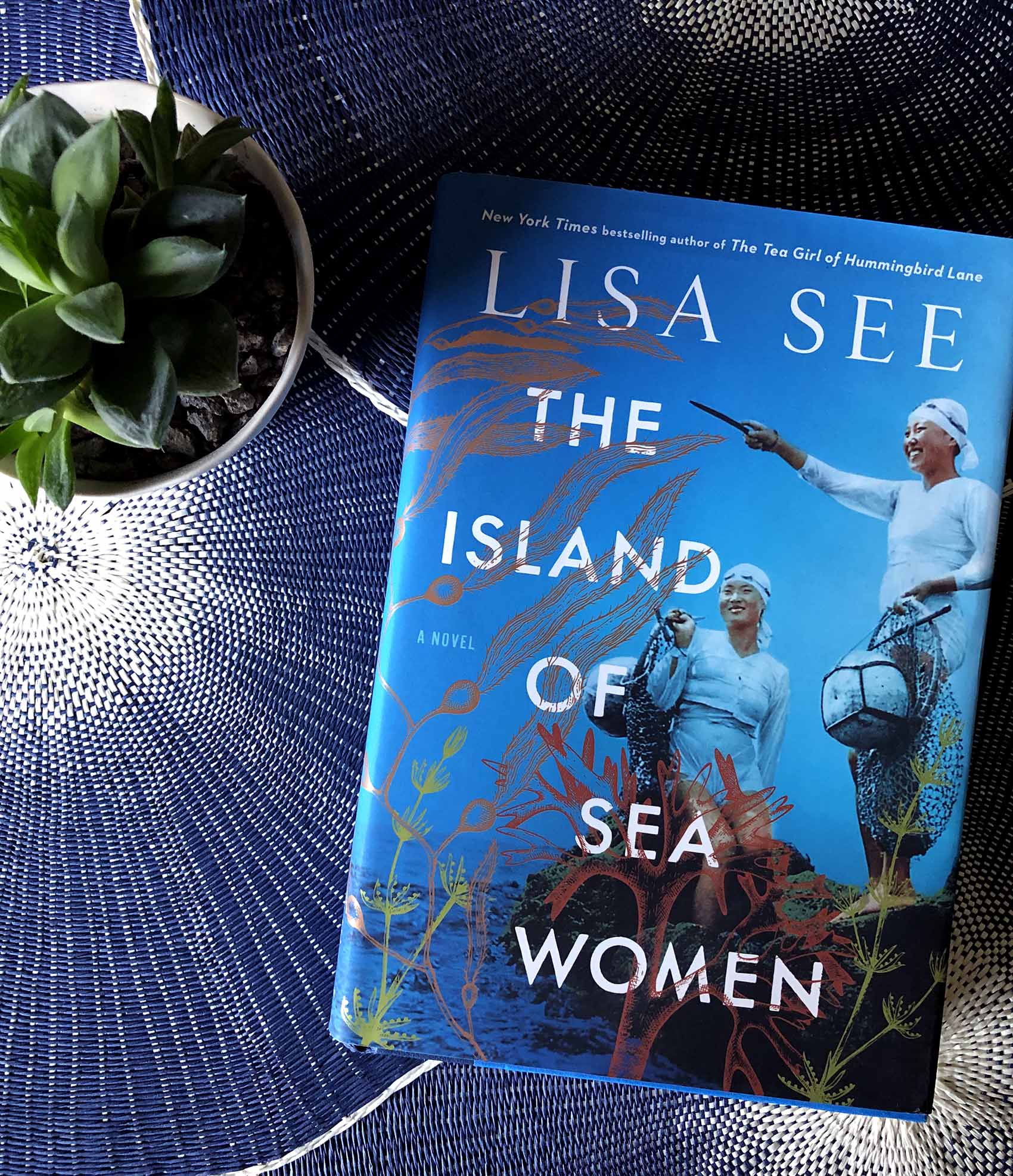
For some context on the dangers in this type of work: there’s a gal in my book club whose husband took up abalone free diving a few years ago. She panics and worries all day when he heads out on one of these weekend excursions. Free diving for shellfish like this isn’t only about holding your breath for long periods of time, sans oxygen tank or snorkel gear—it’s also about judging changing currents and tides in the water, knowing your limits, and avoiding getting stuck on the rocks where abalone grow. Basically, it’s super dangerous! Free diving for these suckers requires a lot of skill (and fearlessness).
But the book is not just about two such haenyeo. At its core, it’s an epic about friendships—those “deep heart” vows we take with the people who knew us (and our spirits) way back when. I began reading this book shortly before a quick trip to Austin, where I grew up. With the book fresh on my mind, it’s no coincidence I found myself reminiscing with my mom about the girlhood friends I’d lost touch with, and the small bits of information I had gleaned about their lives from years of secretly observing them on social media. (You do this too, right?) In some cases, I haven’t spoken to those childhood friends in decades, yet still remember all our girlhood antics fondly.
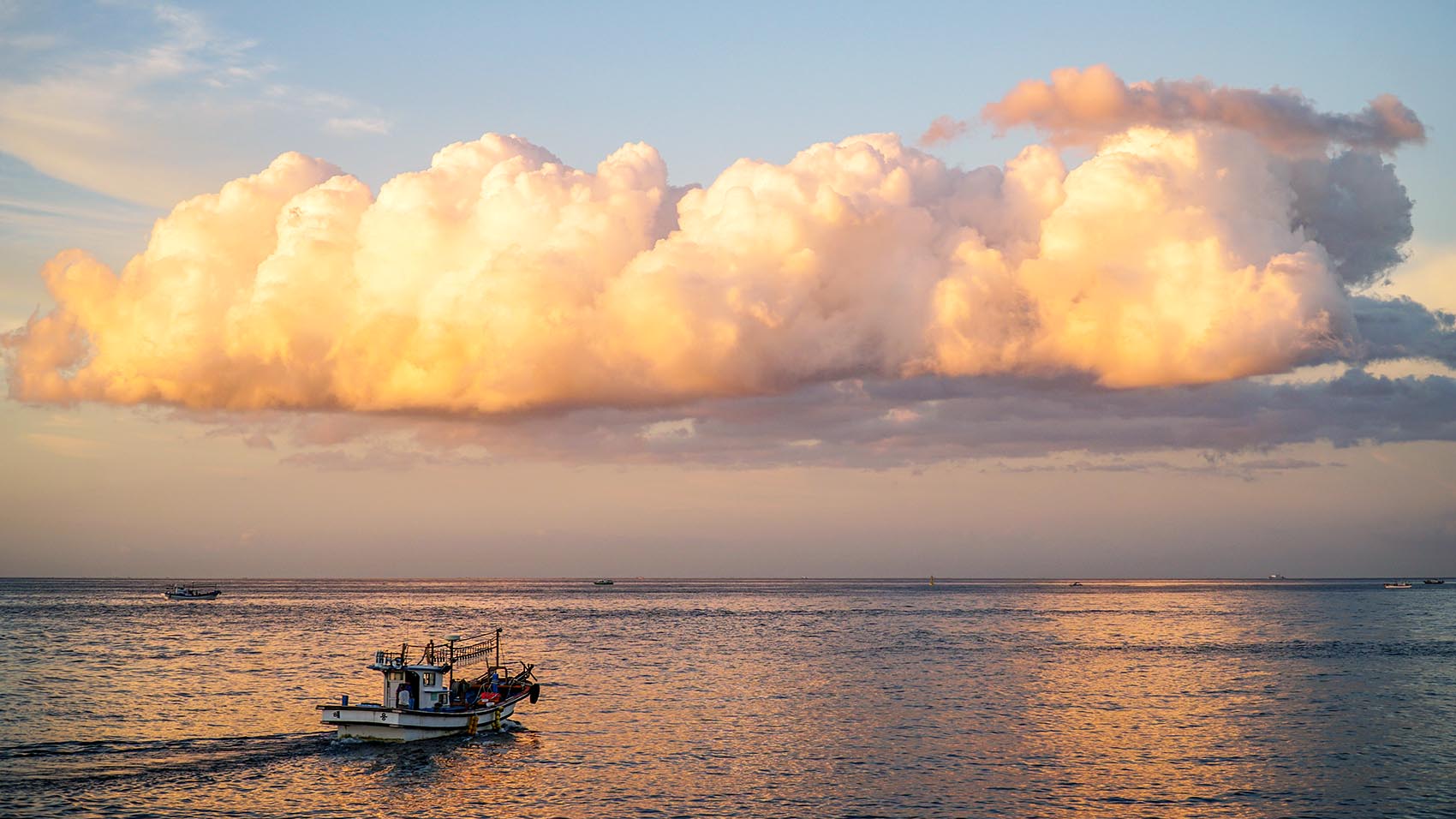
Sea Women dives into the heart of these types of friendships, and how they are tested over the years—albeit in the case of the main characters Mi-ja and Young-sook, their relationship must endure Japanese occupation, political unrest, American occupation, war, and the traumatic recovery period that always follows. The book beautifully explores the many facets of female friendship, and our familial relationships too—how over time, our own journeys and experiences carve us into the people we become, and how the past, however sacred, is not always enough to carry us through together (or is it?).
Long story short: I recommend it wholeheartedly! The only sad part about finishing this book is now I have to wait at least two more years until the next Lisa See novel pops up in my Amazon search.
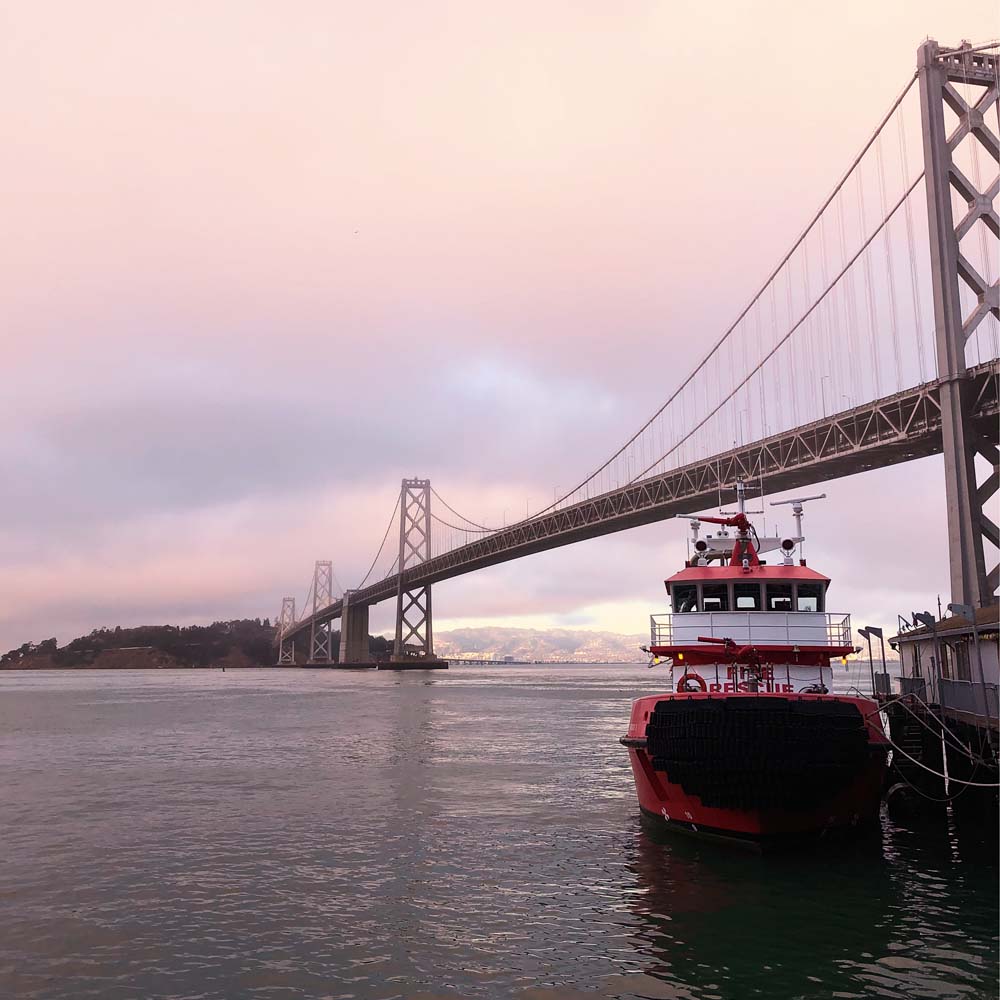


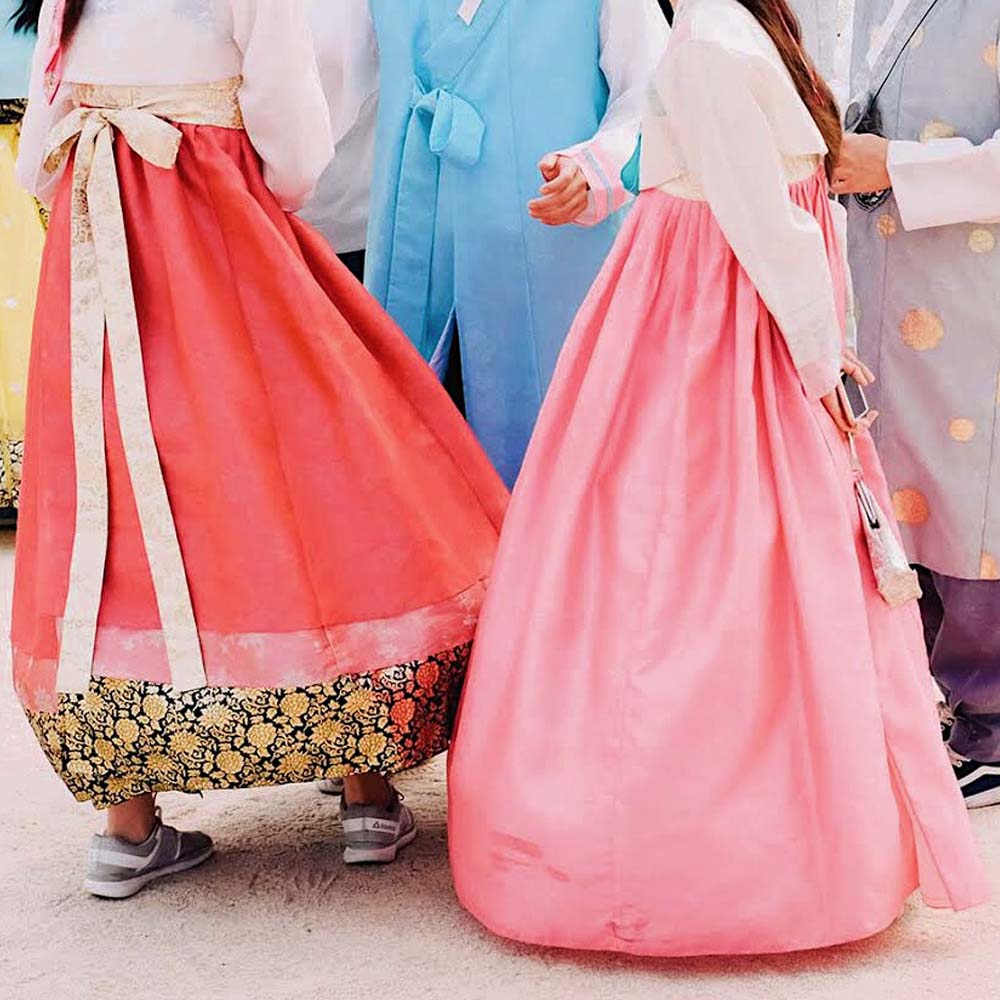
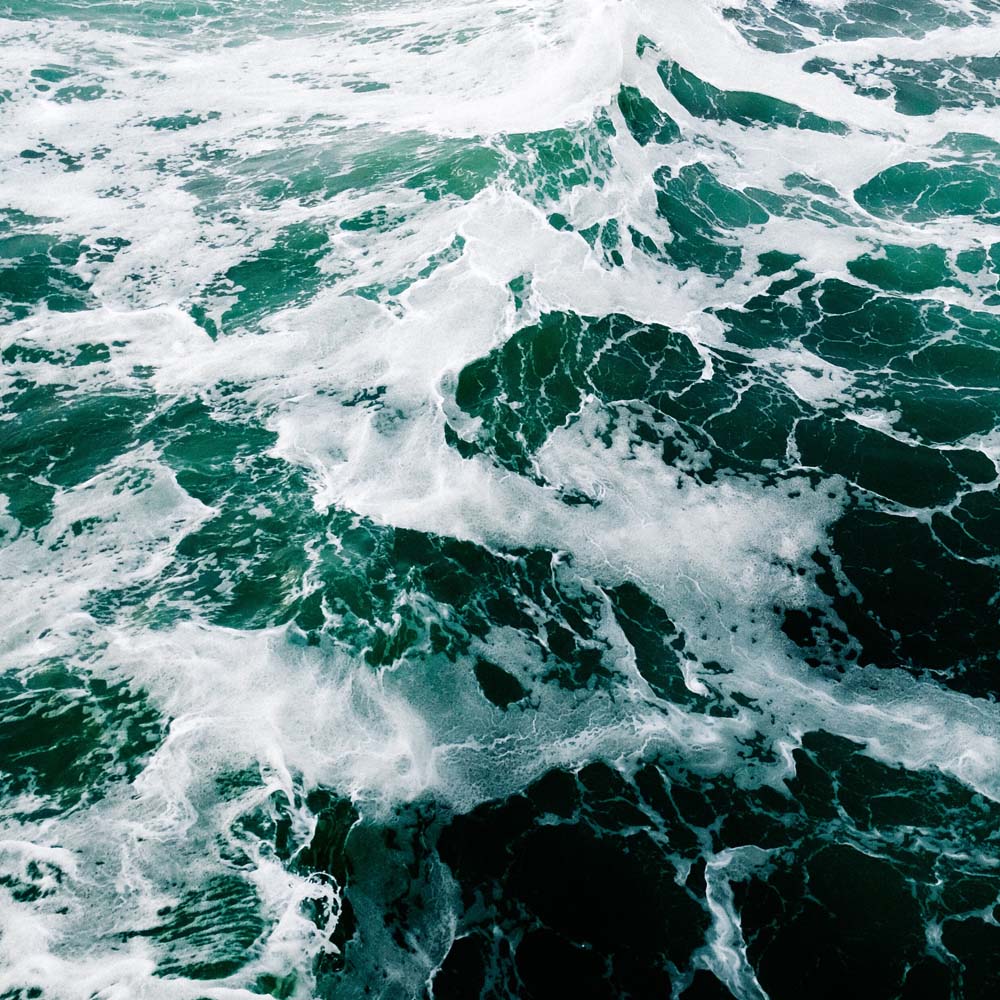
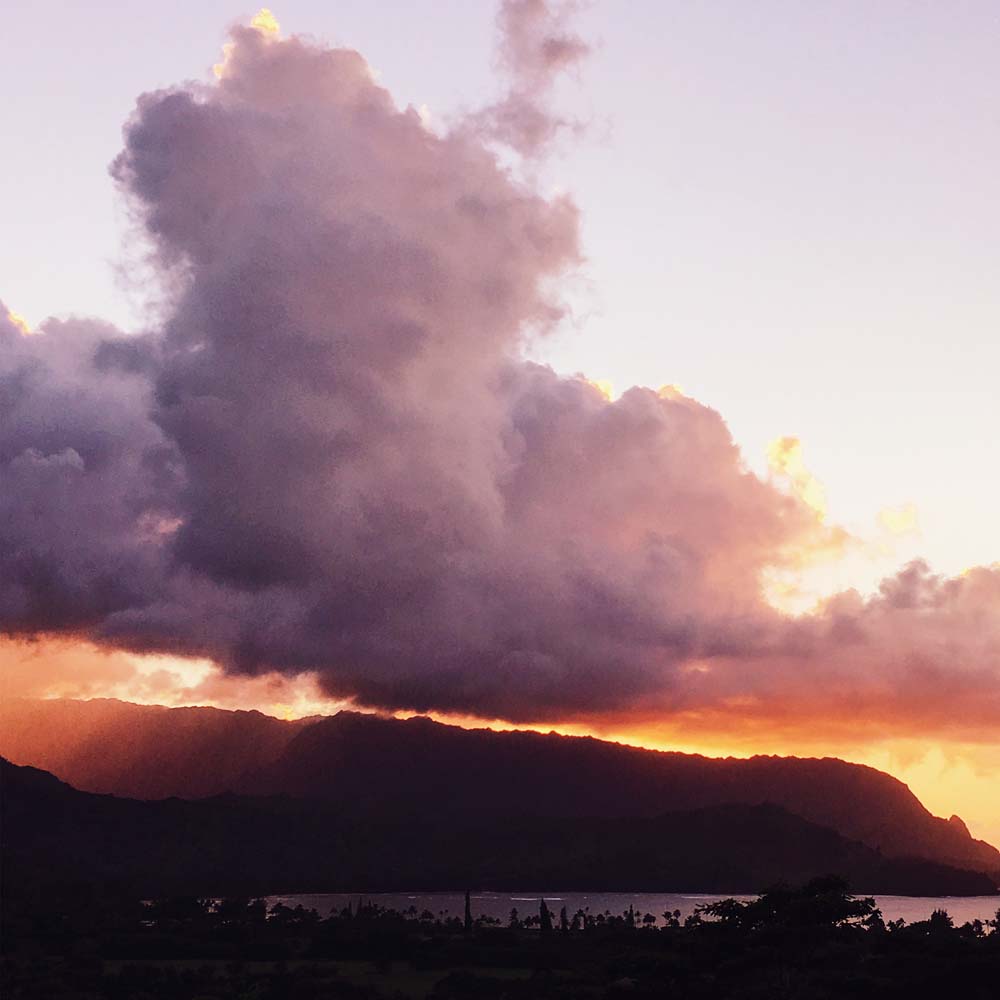
After your absolutely brilliant “review” (to call your post a review is doing a massive disservice to your writing, but I can’t come up with a better word for it atm… maybe, essay), there is no way I am NOT hitting buy on this book! Sounds like a wonderful read. :)
Speaking of female friendships, I’ve never been the type to have a large gang of friends, but I am super blessed that 3 of my closest friends from school are still some of my best friends, and while we live many seas apart (sucks that all 4 of us live in different parts of the world now), their friendship is something that I cherish deeply. I am literally the worst at keeping in touch but these girls have stuck around nonetheless. :)
On a somewhat extended line of thought… a male friend of mine was talking about how men seem more invested in their friendships from childhood/college days, and how it seems like women give up on long-term friendships more easily. I do disagree with that point of view (and we had a rather lively discussion on this! :)), but there is certainly an element of typical “home” responsibilities that most women shoulder more than (most) men, which I do feel has some bearing on “available time” for friendships. That’s not to say that women can’t maintain long-term friendships but I think that these additional home/family responsibilities certainly have an impact – especially when friendships become long distance. Which leads to the additional point of how it is typically women who move out of their home towns/cities if their husband/partner lives in another city and also they are the ones who usually make moves to “follow” their spouses (not passing judgement on that, just that it is the more typical situation). So, yes, all in all, I think women have a few more hurdles to cross when it comes to maintaining long term (and long distance) friendships, but that’s not the same as saying that aren’t as invested. :)
Hey Shirsha! What a thoughtful, interesting comment.
I’m also not the type to have a large gang of friends. There’s a crew I hang out with here in SF, and there are also a few friends (both men and women) from different phases of my life who I might not speak with regularly, but when we catch up, it’s easy to pick up where we left off. Your note about men being more invested in friendships is really interesting. My take is that people will invest in their childhood friendships if those relationships still serve them. The friends I have from high school who I still chat with on occasion are in my life because we were able to grow together throughout life’s changes, and still connect with each other. When I think about men I know who are still strongly invested in friendships from childhood…VERY generally speaking, they often haven’t moved far from home (or returned there after time away), or (to be very honest) sometimes they haven’t evolved emotionally all that much. So maybe it’s easier to maintain those relationships. (No shade on ANYONE who maintains close relationships from long ago, just a super generalized observation!) But I also think navigating friendships as a male is different than as a female.
“I also think navigating friendships as a male is different than as a female.” – So much truth. :)
And completely agree about men not having moved much & maintaining strong friendships from childhood!
Oohhh! Adding this to my reading list!